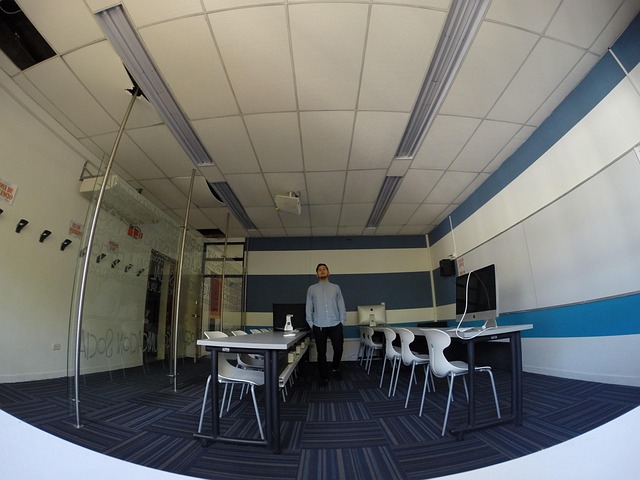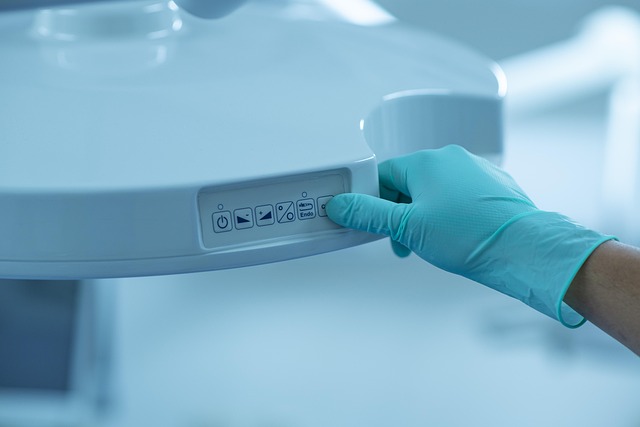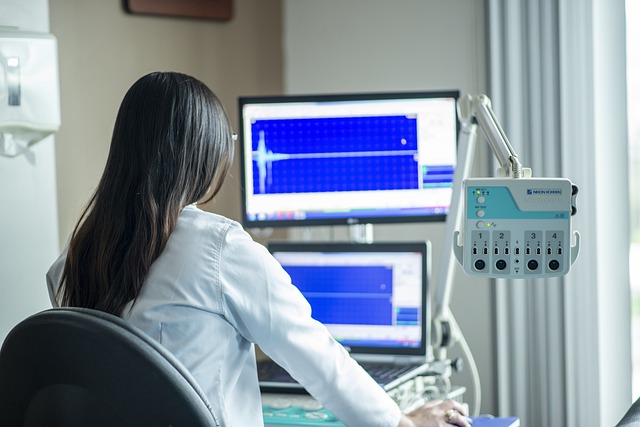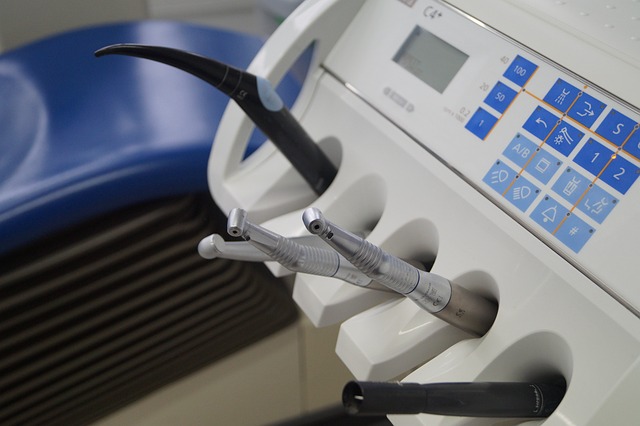Electronic circuits for medical devices with EMS assembly demand high standards of quality, safety, and…

What are the main devices in a clinical laboratory?
Clinical laboratory devices are advancing with technological advances. They have always played a crucial role in the healthcare field, and now, with so many innovations, their importance is growing exponentially.
In fact, these spaces currently have specialized equipment and analytical machines with extraordinary performance. Electrolomas supplies high-quality accessories, devices, and equipment for clinical laboratories. For this reason, it is a trusted provider of technical information on these healthcare environments.
Function and characteristics of clinical laboratories
First, what are they for? Clinical laboratories are essential in the diagnosis and treatment of diseases, making them decisive components within the healthcare system.
Their work focuses on analyzing biological samples to detect pathologies, control treatments, or monitor patient health. Thus, they are vital workplaces for preventing and detecting diseases early, thus contributing to improving people’s quality of life.
At the same time, they enable scientific research that drives medical and pharmacological advances. Thanks to the meticulous and precise work they promote, they improve healthcare and the well-being of the population.
Characteristics of Today’s Clinical Laboratories
These modern laboratories pursue three key attributes: efficiency, precision, and advanced technology. Consequently, they share characteristics that make them more effective and valuable:
- They are equipped with state-of-the-art equipment that allows for detailed and reliable analyses.
- They rely on process automation to speed up results and minimize human error.
- They integrate computer systems that facilitate sample tracking and secure data management.
- They guarantee all stages of clinical analysis through standardized protocols and ongoing staff training.
Currently Essential Laboratory Devices
There are numerous clinical laboratory devices that include these spaces dedicated to medical-scientific research and development. However, there are some that are essential. These are the main ones:
- Laboratory scales. These are measuring instruments capable of determining the weight of a sample or object. They are used to prepare mixtures and calculate proportions. Their precision must be extremely high to provide the required functionality. There are mainly three types: analytical, precision, and moisture determination.
- Autoclave. This sterilizes instruments, accessories, and culture elements.
- Automatic biochemistry analyzers. These are used to perform rapid and extremely thorough tests on serum, plasma, and urine.
- Optical microscopes. These are used to study biological samples such as blood, tissues, and body fluids.
- Centrifuges. These analytical machines allow the separation of sample components through centrifugal force.
- Spectrophotometer. This measures the absorbance of light in liquid samples. It helps determine the concentration of substances—glucose, proteins, and enzymes—and, therefore, diagnose and monitor diseases.
- Incubators. Their presence is essential to promote the growth and development of microorganisms in samples, for example, bacteria and fungi.
- Refrigerators and freezers. They are used to store samples, reagents, and other chemicals with stability and integrity.
The conclusion is threefold. First, optimal laboratory performance is crucial for current medical research. Second, current clinical laboratory equipment determines proper activity in these scenarios. Finally, Electrolomas helps optimize these technical components. Simply contact them for personalized advice.



